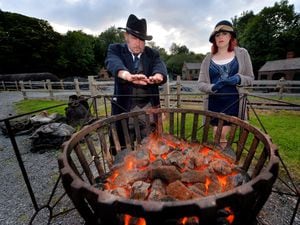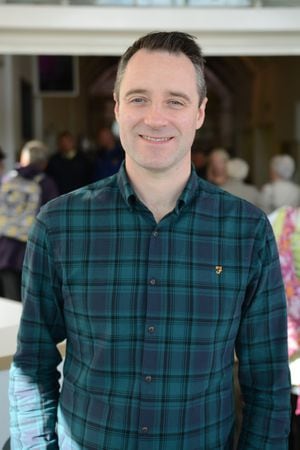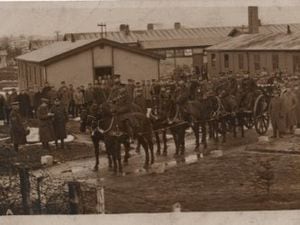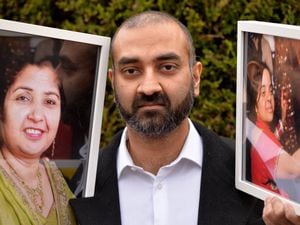Black Country Living Museum thankful for crucial support as public return
“There have been points over the last two years when we’ve sat and thought what could happen.”

Those are the words of Black Country Living Museum head of audiences and communications, Grant Bird, who recalls how the venue coped during such troubled times.
The museum was one of many attractions across the region to close due to the restrictions laid down by the national lockdown – spending long periods shut to the public.
Grant was one of many members of staff who spent time working at home and thinking about the future of the attraction, which carries a physical experience of the history of the region.
He said: “The key issue for us has been being able to still attract visitors after the last two years and, at the start of the pandemic, we were completely closed to the public and unable to bring people in.

“We were very fortunate to be able to benefit from support from regular visitors and the local community, but it was a struggle for long while as we were losing out on providing the physical experience of the museum.”
Grant said the centre had worked to adapt to the situation during 2020, using TikTok and other social media platforms to keep the brand name alive.
It also became a vaccination centre and provided first and second vaccination jabs at an open air site, as hundreds of thousands of people received vaccinations at the museum.
For Grant, the last two years have been a challenge in terms of how the museum presented itself to the public and, additionally, made itself Covid-safe going forward.
He said: “It was really interesting for staff discovering the new ways to tell stories and do more shows and demonstrations outside, but there was also a lot more training and education for staff to cope with.
“There was also a lot of uncertainty, with the other lockdowns that happened near the end of 2020 and the start of 2021, but we were fortunate to be able to continue to operate through money from the Heritage Lottery Fund.
“There was also investment from Forging Ahead and the capital kickstart fund, as well as Arts Council emergency funding and the job retention scheme, which was key for us in terms of being able to retain staff and not make redundancies.”
Grant also said he had been relieved to see the museum come out of the two years of restrictions and lockdown and still be a viable thing for people to enjoy and an important part of the community.
He said: “What we’ve learned over the last two years is how important the museum can be for people in terms of the local community and how important it is to represent people’s stories and heritage.
“I don’t think you’d be able to replace the physical experience of this place and we have been lucky that people have found spending time outside is a great way for them to spend time together.
“We’re here to create memories and experiences and it’s such a relief to still be here to do this after such a difficult two years.”
The Black Country museum is one of many attractions across Dudley and the surrounding area to have felt the effects of closure during the pandemic, but also found a way out of it.
Dudley Zoo and Castle was left needing to find £50,000 a week to ensure it could still continue to feed its animals and be able to reopen after closing several times due to lockdowns and restrictions.
Staff at the zoo were able to keep their spirits up during that time through viral videos, including taking part in the Blinding Lights challenge on TikTok. It involved a dance routine to The Weeknd’s recent single Blinding Lights, an energetic song which was described as the perfect soundtrack for a dance craze.
Other attractions such as Severn Valley Railway and the Grand Theatre were fearful of the future, but were able to survive and reopen through furlough and funding from the Heritage Lottery Fund.





